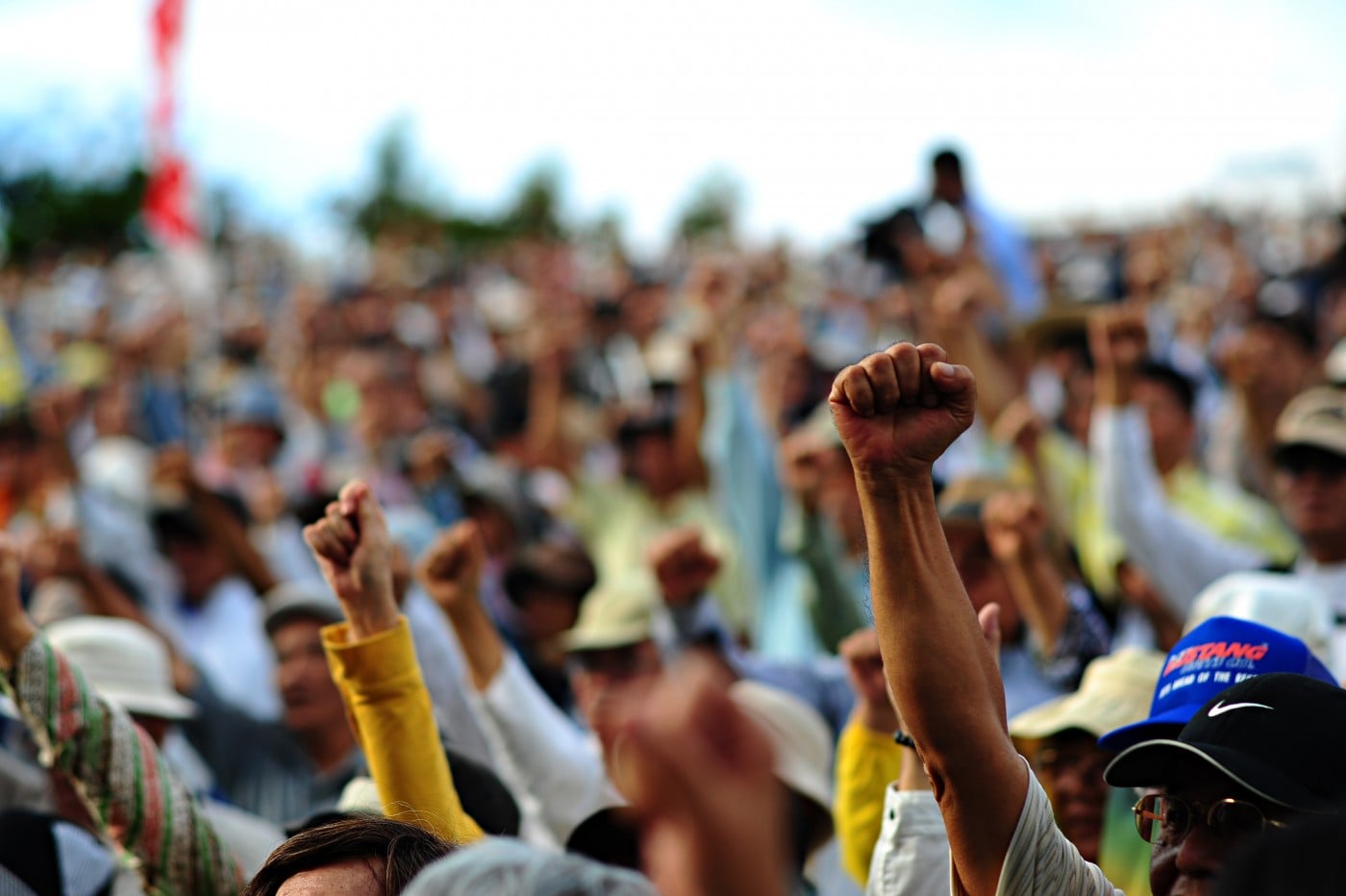
Protest! Stories of Resistance was the penultimate event of this year’s Wowfest and served as a pre-launch for a book of the same name. The book features short stories of actual protests by writers in collaboration with historians or activists. What we have then are ‘factional’ representations of protests with authenticity complemented by fully formed fictional characters—a kind of literary version of the T.V. docudrama.
Inspired by the centenary of the Russian Revolution which overthrew imperialist power, Wowfest 2017 has brought us a wide range of events to provoke political and social debate. As I write, the tumult which ignited in 2016 is not fading. Angela Merkel has just announced the apparent end of post World War 2 stability as Europe can no longer depend on U.S. cooperation. Furthermore, Trump and his dubious son in law continue to be embroiled in allegations of dodgy dealings with (ironically) Russia. Closer to home, the hideous events of Manchester 22nd May have scarred the nation but that fantastic city WILL recover. Campaigning has now resumed and the ‘snap’ general election looms. Despite a damaging media offensive including perhaps the most biased content I’ve ever witnessed, Jeremy Corbyn appears to be enjoying a resurgence. With a narrowing gap between Labour and the Tories, socialism has a legitimate platform and the media can no longer discard it as an outdated joke. Wowfest feels more prescient now then when it started less than a month ago.
In the introduction to the evening we were reminded of the urgent need to rediscover the protest history of the U.K. as a counterweight to negative depictions in the press. How often is ‘anarchist’ used as a slur to condemn people fighting for a just cause – by ‘broadcasters’ who don’t even understand its real political meaning? Lazy journalism is the order of the day. Comma Press have therefore invited writers to respectfully re-imagine key moments in our protest history.
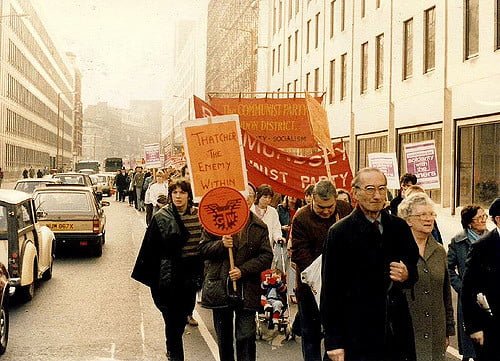
The focus of the evening involved three of the writers reading excerpts from their stories. Stuart Evers covered the Aldermaston anti-nuclear marches of the 1950s and 60s and the multitude of reasons people chose to take part: ‘there are lots of Aldermaston babies’ suggests that protest wasn’t necessarily on everyone’s mind. Martyn Bedford tackled the 1984 Battle of Orgreave and it was perhaps this story which I found the most emotional; a death in the family reawakening a toxic family feud. This troubled family served as a microcosm of the industrial working class which had been so viciously attacked by Margaret Thatcher. Bedford revealed that part of his writing process reflected on being a socialist in the 21st century—an era where the manual factory environment which spawned the movement has been largely eradicated by the so called ‘service’ sector. Does socialism still have the same meaning? It seems obvious that in a world where people who work in call centres suffer such indignities as having their toilet breaks monitored, we need a socialist workers’ movement more than ever.
Equally evocative was Jacob Ross’ discussion of the Brixton riots and the unresolved grief caused by the establishment cover up of protestor deaths. A son who couldn’t properly be put to rest emphasised the tragic aftermath and has poignant parallels with Liverpool’s history of state and media corruption. Ross spoke with righteous anger, dismissing the relationship between art and politics is ‘bullshit’. Regimes attack artists for good reason—art can encourage the audience to think critically and question social norms and the restrictive demands they place on the individual.
The subsequent discussion brought up many other provocative ideas. Stuart Evers laments the depoliticised and sanitised history of the working classes. In the 1960s the typical working class family was highly political and informed by a voracious consumption of newspapers. Jacob Ross contextualised the Brixton riots within a wider class war alongside the Miners’ Strike where the government stockpiled coal with military efficiency. This was unprecedented and showed a government willing to confront a whole cohort of British society. Families were torn apart and communities were left in ruins. The service and financial ‘industries’ still dominate the economy 30 years on.

The evening ended on a note of tension over a proclamation of the futility of protest. The Iraq War still happened despite a massive demonstration of over 1 million people. However, it was pointed out that protests are not necessarily about an immediate outcome – they are about the long game and changing public consciousness. The Iraq War protests defiantly achieved this and the government is fully aware that the public will not unquestionably accept military intervention under dubious auspices. The ‘sexed up dodgy dossier’ is forever in our minds and Blair is still widely despised. The Iraq War protests fundamentally changed our perception of our country at war.
On reading the details of this event beforehand I had doubts about its premise. Would it not have been better to have researched real personal protest stories rather than fabricate fiction based on historical artifacts? My fears were unfounded as this was a vital event which discussed U.K. protest history and why we must remain vigilant against a nefarious establishment which will literally stop at nothing in keeping us under the jackboot. I’m thoroughly looking forward to next year’s Wowfest.

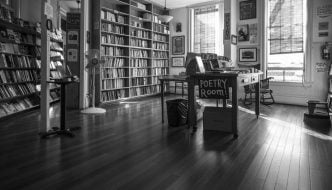
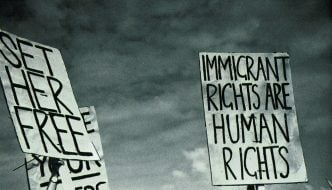
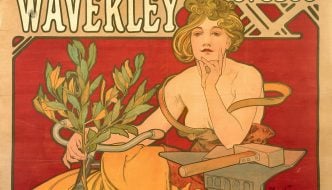
Comments